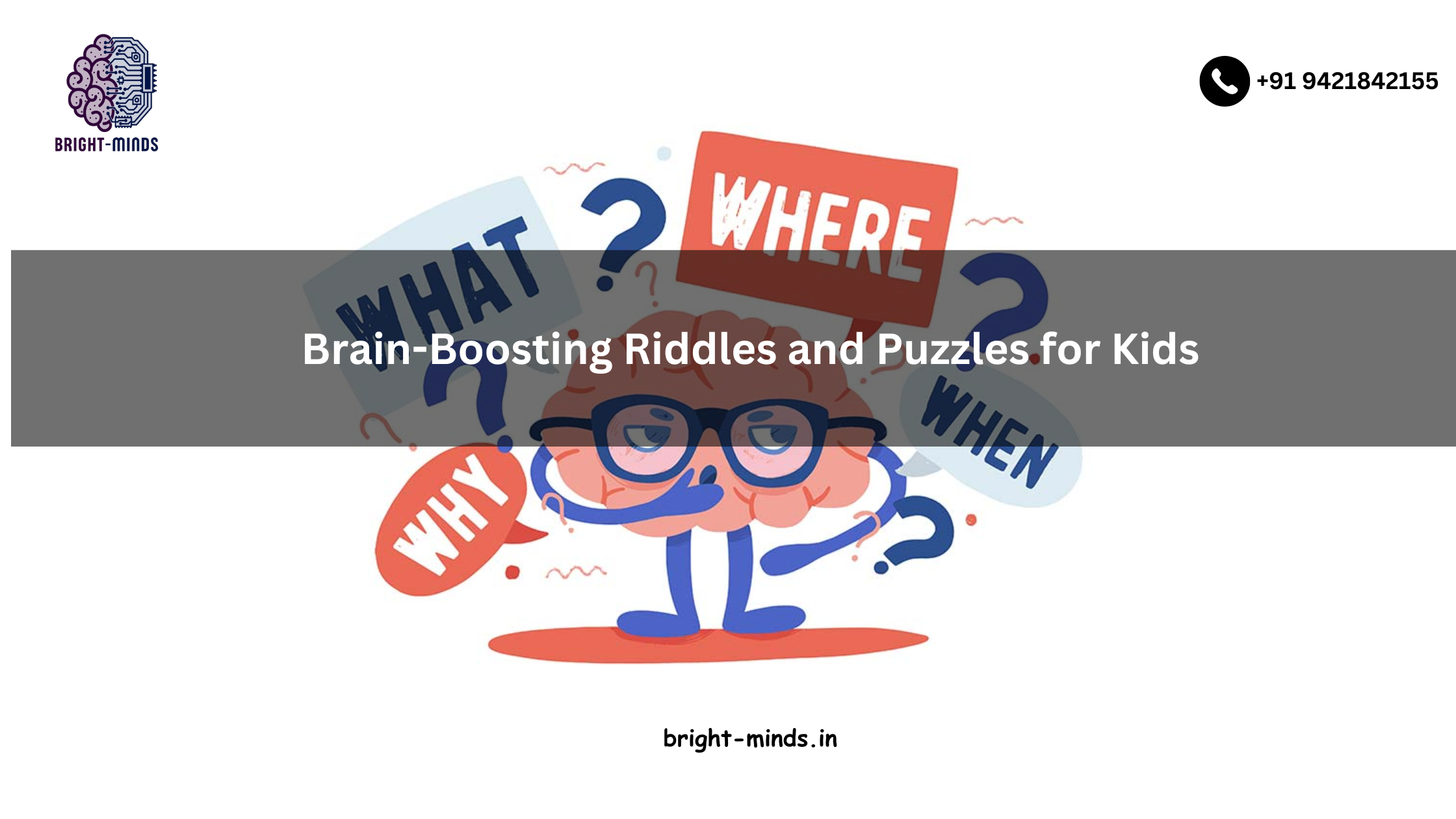Young people’s cognitive growth depends on keeping their minds engaged and busy. Puzzles and riddles that are entertaining and difficult are among the greatest ways to accomplish this. They promote creativity and logical thinking in addition to honing problem-solving abilities. We’ve got some fascinating brainteasers for kids in this blog!
Why Riddles and Puzzles Are Important for Kids
Puzzles and riddles are more than just entertainment; they have several advantages, such as:
- Enhancing Critical Thinking: Assists children in examining issues and developing original solutions.
- Improving Memory: Assists children in retaining details, patterns, and sequences.
- Increasing Vocabulary: Presents new terms and definitions in a fun manner.
- Fostering Persistence and Patience: Motivates children to keep trying until they figure out the solution.
Fun Riddles for Kids
Here are some tricky yet fun riddles to challenge young minds:
- What has to be broken before you can use it?
Answer: An egg. - I’m tall when I’m young, and I’m short when I’m old. What am I?
Answer: A candle. - What has hands but can’t clap?
Answer: A clock. - I fly without wings, I cry without eyes. What am I?
Answer: A cloud. - What comes once in a minute, twice in a moment, but never in a thousand years?
Answer: The letter ‘M’.
Engaging Puzzles for Kids
1. Math Puzzle:
A farmer has 17 sheep, and all but 9 run away. How many are left?
Answer: 9.
2. Logical Puzzle:
What is full of holes but still holds water?
Answer: A sponge.
3. Pattern Puzzle:
What comes next in the sequence: 2, 4, 8, 16, __?
Answer: 32 (each number is multiplied by 2).
Tips to Make Riddles and Puzzles More Fun
- Make it into a contest: See who can finish the most puzzles in a minute by setting a timer.
- Promote cooperation by allowing children to collaborate to identify solutions.
- Employ visuals: To make it interactive, utilize objects or draw hints.
- Provide modest incentives: Giving youngsters stickers or longer playtime can encourage them to finish more puzzles.
Conclusion
Kids can be entertained and challenged while developing their cognitive skills with puzzles and riddles. Brainteasers can make learning an enjoyable adventure, whether it’s at home, in the classroom, or on a family game night. Give these a try and see how young minds become excited and curious!

